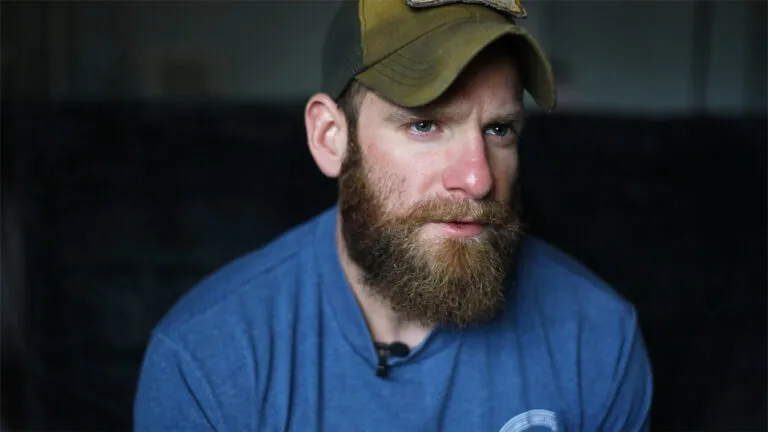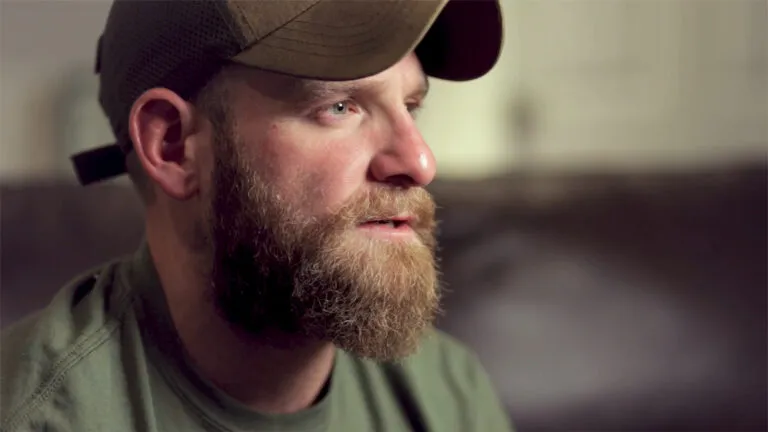Many people don’t know what to say when a serviceman or woman comes home from deployment and/or come out of the military. I didn’t–until our son enlisted in the Marine Corps.
Now, because of first-hand experience, I’ve learned what to say–and what not to say–when a veteran comes home.

1. Thank you for your service; how can I help you?
Many vets know we mean well when we say thank you, but just as many feel awkward. Just a thank you is a conversation stopper. Go the extra mile and you might be surprised at the answers you get.
2. What are you looking forward to most now that you’re home?
This may seem intrusive, but it really is a conversation starter. It may also offer the opportunity for you to provide an experience they missed.
3. What career field are you in?
Phrasing this question this way legitimizes the job they’ve done. It gives them the choice of how much information they want to share without adding pressure.
4. What unit are (were) you with?
Again, it gives them the opportunity to share what they feel comfortable sharing.
What NOT to Say
1. Don’t ask if they’ve ever shot someone.
This is something they might talk about with someone they know, although probably not. It’s certainly not something they’ll share with a stranger.
2. Aren’t you glad you can put this experience behind you?
The truth is yes . . . and no. It’s just not that simple and reducing their experience to a pat answer won’t help.
3. Now you can get on with your life.
This one goes hand-in-hand with #2 above. Don’t belittle what they’ve done, even if you don’t mean to. They have been living life.
4. Don’t ask if they lost any friends over there.
Chances are they did. But again, this isn’t something shared in a casual conversation. They’ll talk about it with those they choose, when they’re ready.
5. Don’t put words in their mouths.
For example, avoid statements like, “I know your experience was horrible.” The truth is, unless you were there, you don’t know what they experienced. Like anything we go through, there were good times and bad times.
These are some of the things I’ve learned through my experiences. I’d love to know what you’d add to the list.







